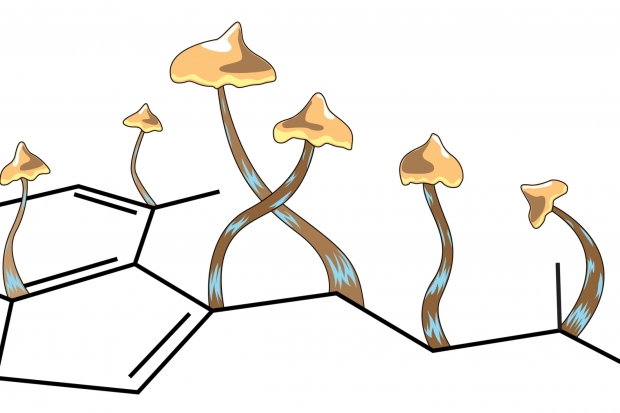
Breaking News
 Iran Regime Kills Protesters as Unrest and Calls for Regime Change Spread Nationwide
Iran Regime Kills Protesters as Unrest and Calls for Regime Change Spread Nationwide
 Trump, Treason, and the New York Times
Trump, Treason, and the New York Times
 Democrat idiocy at work in San Francisco
Democrat idiocy at work in San Francisco
 BREAKING THROUGH Tesla AI in 2026
BREAKING THROUGH Tesla AI in 2026
Top Tech News
 Laser weapons go mobile on US Army small vehicles
Laser weapons go mobile on US Army small vehicles
 EngineAI T800: Born to Disrupt! #EngineAI #robotics #newtechnology #newproduct
EngineAI T800: Born to Disrupt! #EngineAI #robotics #newtechnology #newproduct
 This Silicon Anode Breakthrough Could Mark A Turning Point For EV Batteries [Update]
This Silicon Anode Breakthrough Could Mark A Turning Point For EV Batteries [Update]
 Travel gadget promises to dry and iron your clothes – totally hands-free
Travel gadget promises to dry and iron your clothes – totally hands-free
 Perfect Aircrete, Kitchen Ingredients.
Perfect Aircrete, Kitchen Ingredients.
 Futuristic pixel-raising display lets you feel what's onscreen
Futuristic pixel-raising display lets you feel what's onscreen
 Cutting-Edge Facility Generates Pure Water and Hydrogen Fuel from Seawater for Mere Pennies
Cutting-Edge Facility Generates Pure Water and Hydrogen Fuel from Seawater for Mere Pennies
 This tiny dev board is packed with features for ambitious makers
This tiny dev board is packed with features for ambitious makers
 Scientists Discover Gel to Regrow Tooth Enamel
Scientists Discover Gel to Regrow Tooth Enamel
 Vitamin C and Dandelion Root Killing Cancer Cells -- as Former CDC Director Calls for COVID-19...
Vitamin C and Dandelion Root Killing Cancer Cells -- as Former CDC Director Calls for COVID-19...
Landmark study shows one dose of psilocybin induces new neural connections

An extraordinary new study from a team of scientists at Yale University is reporting the first direct cellular demonstration of a single psilocybin dose inducing neural plasticity in a mammalian brain. The researchers show how the psychedelic prompts rapid growth of neural connections in the frontal cortex of mice and hypothesize this mechanism playing a role in the drug's antidepressant qualities.
Over the last decade psychedelic science has been accelerating at a rate not seen in half a century. MDMA for PTSD and psilocybin for depression are both in late-stage human trials and on the verge of clinical approval, however, we still know very little about how these psychedelic compounds actually generate their therapeutic effects.



